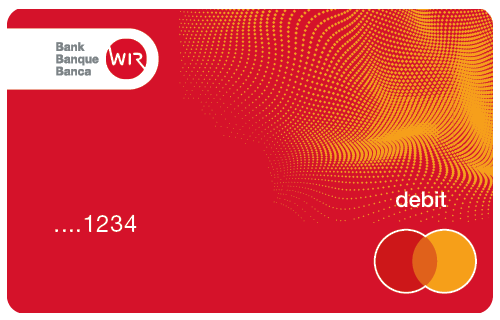A trust deed – also known as a declaration of trust or a deed of trust – is a written agreement created by a trustor in which they transfer legal ownership of stated assets to a trustee. The creation of a trust deed forms a trust.
A trust may be a revocable trust, meaning that the trustor has the option of changing the terms and conditions of the trust or reclaiming ownership of their assets from the trustee after the trust has been created. It may also be an irrevocable trust, meaning that the trustor cannot regain ownership of their assets after placing them in the trust. Whether a trust is revocable or irrevocable must be clearly stated in the trust deed as it directly affects the way in which the trust can be used and the way in which assets are taxed.
Included in a trust deed is a clear listing of the assets whose ownership is being transferred, identification of the trustor, identification of the trustee, identification of the trust beneficiary, the terms and conditions under which a trust beneficiary is eligible to benefit from the trust, and terms and conditions under which the trust may be revoked (in the case of revocable trusts).
In the case of a testamentary trust, a trust is created by a decree set out in the will of an individual. After the individual’s death, a trust deed is created based on the terms and conditions for the trust which are laid out in their will.
A living trust, on the other hand, is created while the trustor is still alive.
Switzerland uses a legal system based on civil law, which does not allow for the arrangement which constitutes a common law trust.
However, many trustees based in Switzerland manage trusts created in countries with common law legal systems, and Swiss banks and other financial services providers manage assets held in trusts. For this reason, Switzerland adheres to the rules set forth in the Hague Trust Convention with regards to the legal interpretation of trust deeds.
 Deal of the Day
Deal of the Day 




